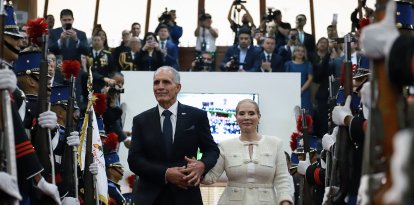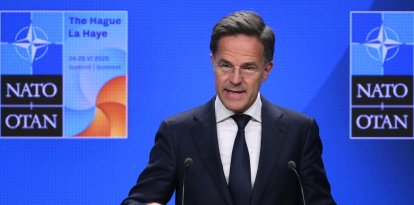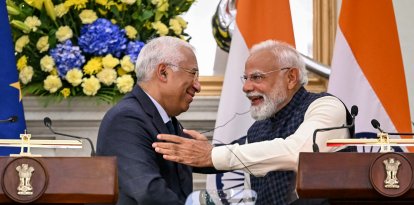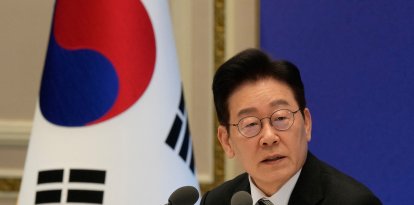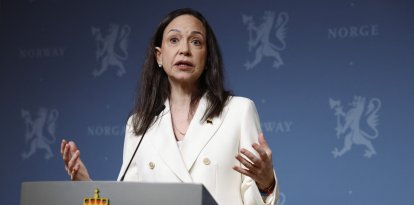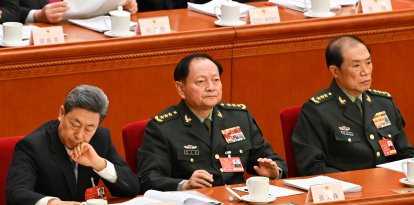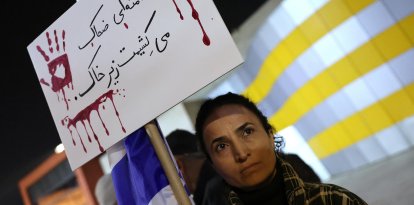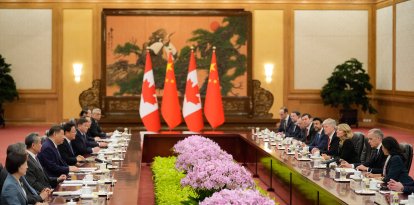Iran and Saudi Arabia agree to restore diplomatic relations after Chinese mediation
The United States welcomed the historic agreement between the Middle Eastern countries, but with doubts that it will hold.
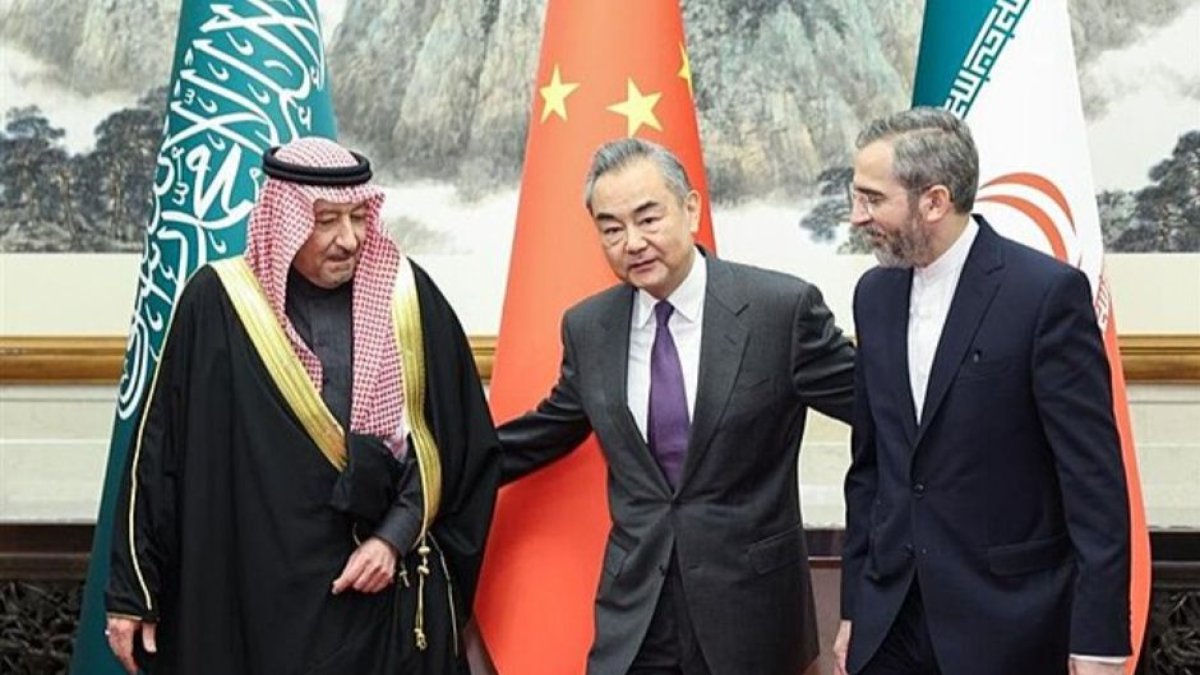
(Wikimedia Commons-
This Friday Iran and Saudi Arabia announced that they decided to restore diplomatic relations and reopen their embassies after seven years of tension. The agreement was reached with the support of China.
The historical rivals in the Middle East issued a statement informing that, after talks in Beijing, they have agreed to end the hostility between them since the Islamic Revolution of 1979 in Iran. Tensions also flared up in 2016 after Iranian protesters stormed the Saudi embassy.
"As a result of the talks, Iran and Saudi Arabia agreed to resume diplomatic relations and reopen embassies within two months," Iran's state-run news agency reported.
The communiqué states that the agreement includes the affirmation of respect for the sovereignty of both countries and non-interference in their internal affairs.
Riyadh and Tehran announced that they are planning to resume cooperation to boost stability, fight terrorism, drug trafficking and money laundering in the region by reviving a security pact signed just over two decades ago. They could also re-implement a trade and technology agreement they had reached in 1998.
The foreign ministers of both countries plan to meet in the coming days to coordinate the next steps to be taken, especially regarding the reopening of the embassies and the arrival of the ambassadors.
Both sides acknowledged and appreciated the cooperation of the Chinese regime in the talks. For his part, the head of Chinese diplomacy, Wang Yi, congratulated all those involved in the agreement. "We will continue to play a constructive role in properly handling hotspot issues in today’s world in accordance with the wishes of all countries and demonstrate our responsibility as a major country," Wang said.
White House hesitantly applauds the breakthrough
Following the announcement of the agreement, the United States welcomed the restoration of diplomatic relations between the Middle Eastern countries. However, there are doubts surrounding the agreement. "In the end, if this deal can be sustained, regardless of what the impetus was or who sat down at the table, we welcome that," commented White House National Security Council spokesman John Kirby.
The spokesman also referred to China and its role as mediator, assuring that what led Iran to sit at a negotiating table were both internal and external pressures and not "the invitation" of the Chinese regime. He also assured that the U.S. will remain alert to the Asian giant's intentions. "We certainly watch China as they try to gain influence and footholds elsewhere around the world in their own selfish interests," Kirby said.













